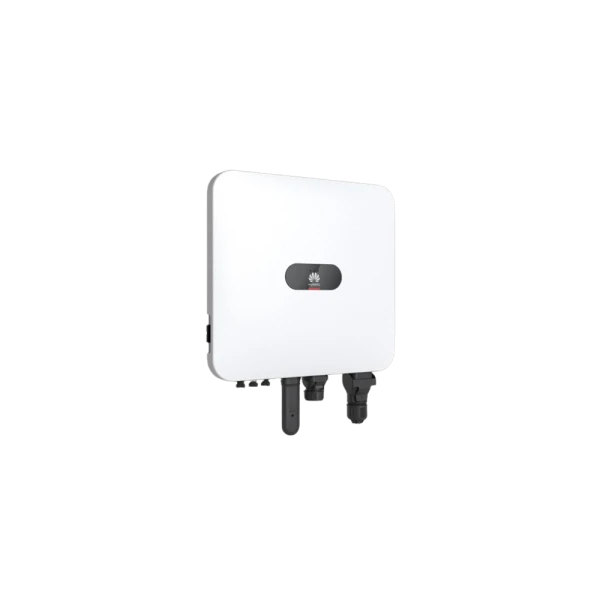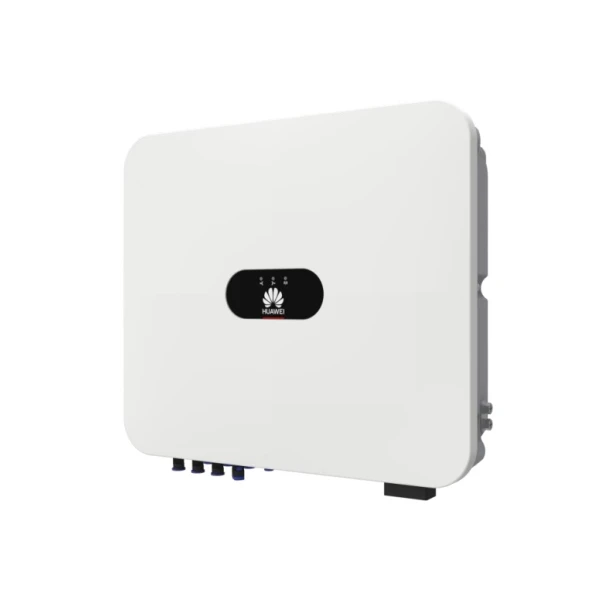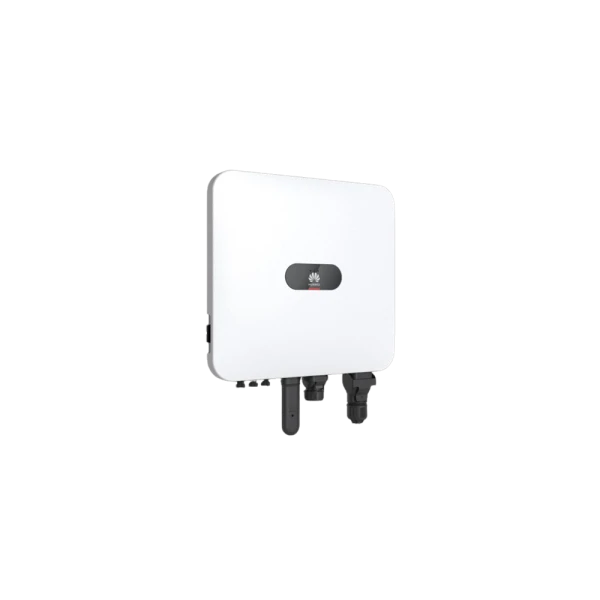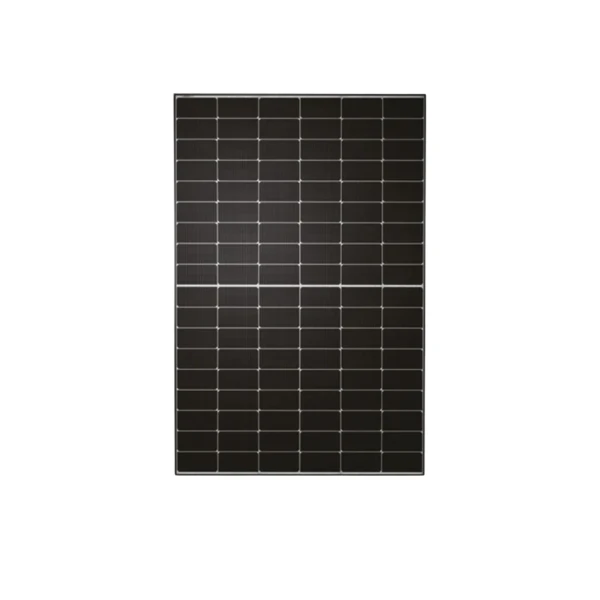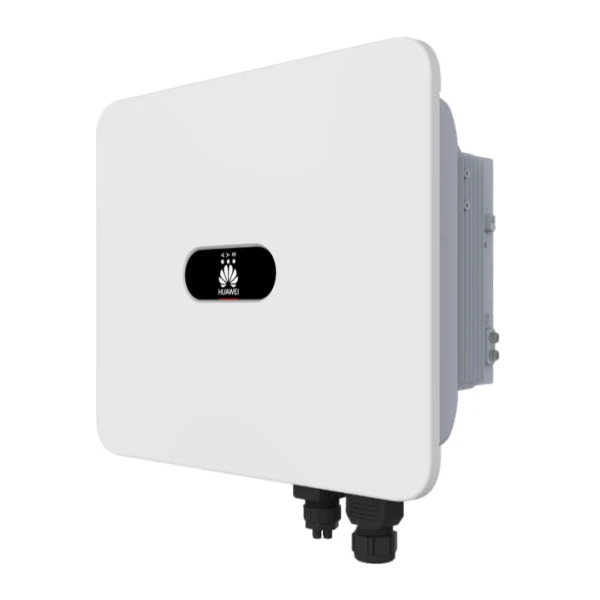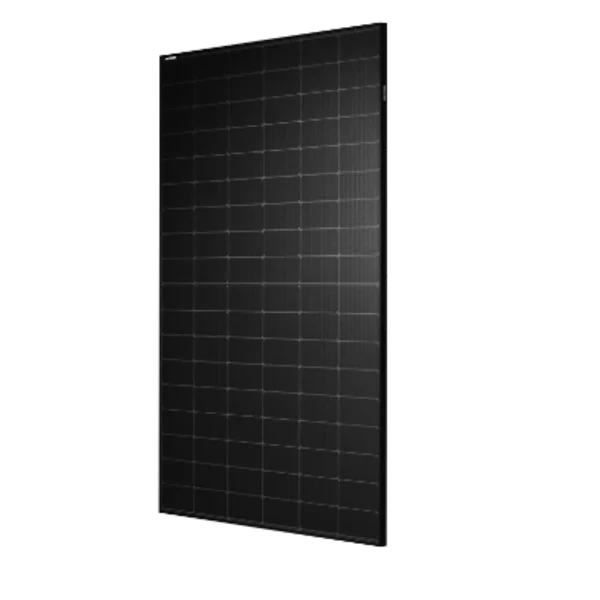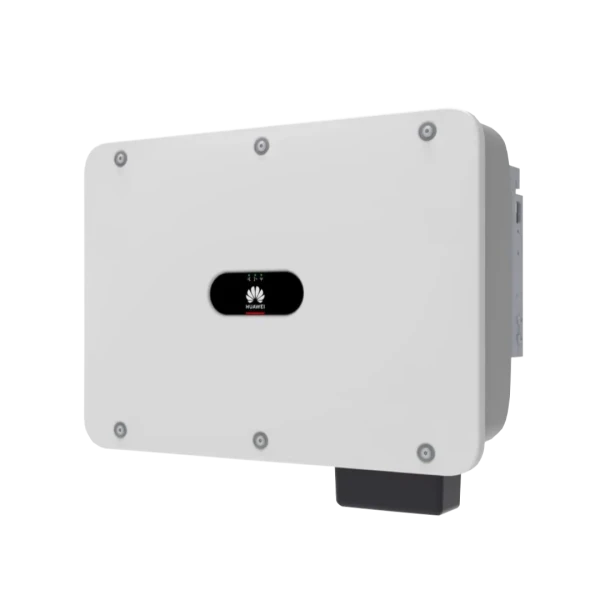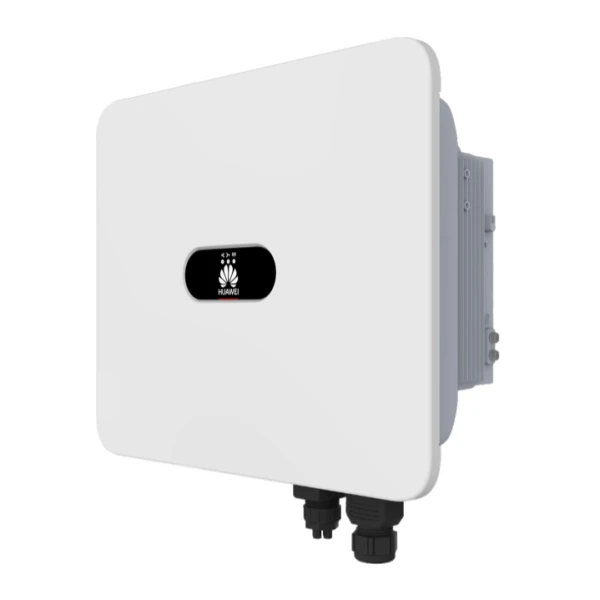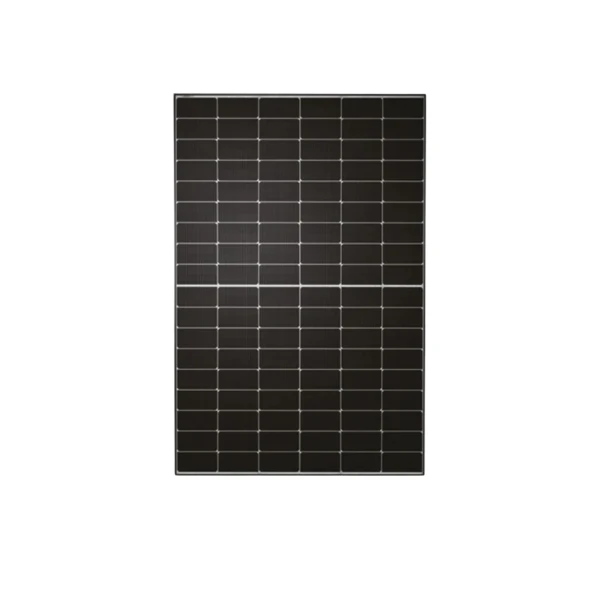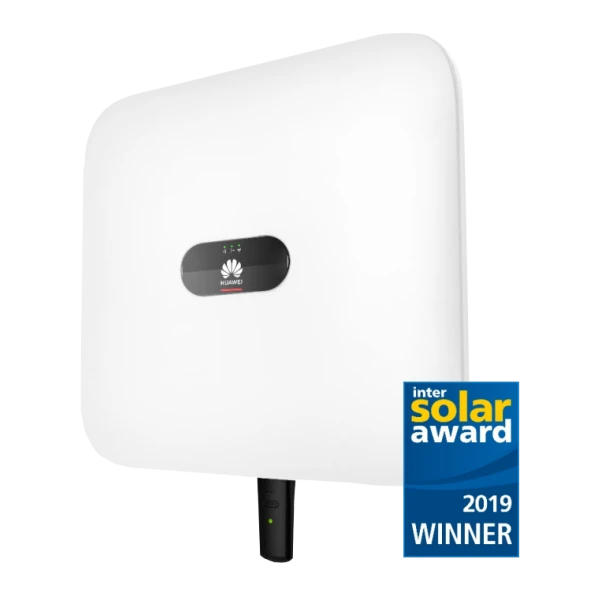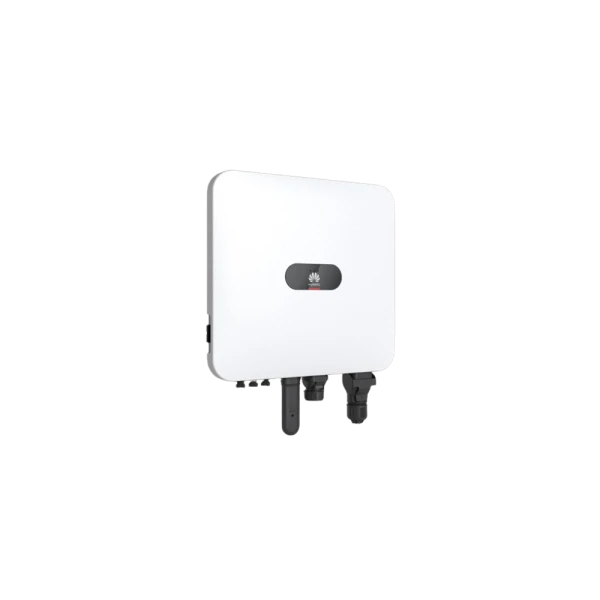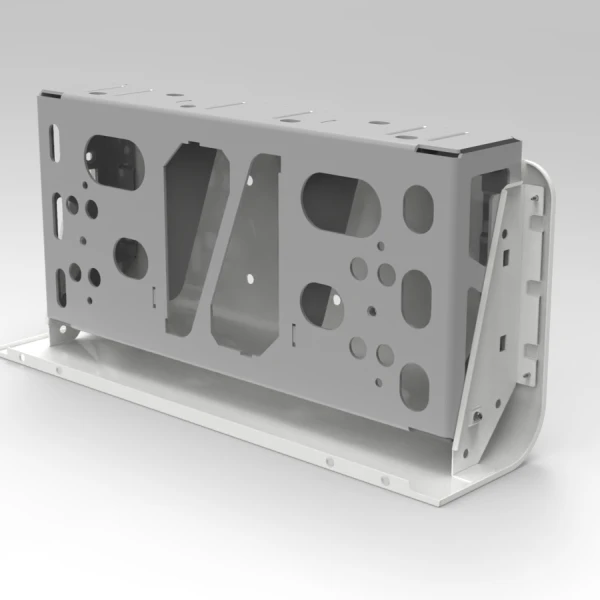Here's what you need to know about off-grid solar systems
Here's What You Need to Know About Off-Grid Solar Systems
What is an off-grid solar system? What are the main advantages and disadvantages, and who should choose an off-grid system? Let's find out!
Short Summary:
- Off-grid solar systems are completely independent from the grid and store excess energy in batteries.
- The system consists of solar panels, an inverter, and a battery.
- The main advantages of an off-grid system are independence, power supply without blackouts and voltage fluctuations, and carbon-neutral power
- generation.
- Its disadvantages include more expensive installation and long-term loss of battery life.
- This design is particularly recommended for buildings and factories where mains electricity is not available.
- It can be installed quickly and easily without the need for a license from the electricity company.
What is an off-grid solar system?
Definition of Off-Grid Solar PV System:
The term 'off-grid solar system' is apt: it is indeed a system that operates autonomously. It is independent of any grid, so it effectively functions as an off-grid. It does not feed power back into the utility grid, nor does it draw power from it. Instead, it charges batteries with the power of the sun to power your home.
Construction of it:
Like grid-connected solar systems, the stand-alone types are based on the solar panels themselves. They can be placed on the roof or on their own racks in a suitable area. The electricity generated by the panels is transferred via the battery charging electronics to the batteries, where it is stored until needed. It is also possible, however, to use the electricity directly in household appliances, in which case only the surplus generation is sent to the battery bank. The battery pack itself can consist of several batteries, with LiFePO4 and LNMO batteries being the most common today. The last large unit of an off-grid solar system is the inverter. You need it if you also want to use AC loads. This is typical in a household, as the washing machine, TV, microwave, etc., all require AC power. The direct current produced by the solar panels is converted into alternating current by the inverter.
How is it different from other solar systems?
The most crucial difference is that off-grid systems are completely self-contained units that operate and generate electricity without any external help. In grid-connected systems, there are no batteries, as the surplus is fed back into the grid by the solar battery. In off-grid models, the energy generated by the solar panels is converted by the charge controller and then sent to the batteries in a controlled manner. The system can also ensure that the batteries do not run down.
Advantages and Disadvantages of an Off-Grid Solar System:
Advantages:
Independent of networks and service providers
This is usually the first advantage that comes to mind with stand-alone systems. Your system will operate as a stand-alone off-grid, meaning you will have nothing to do with the power company. We do not buy power from them, nor do you feed power back into the grid. This also means that we don't have to bother with bills and there are no extra costs.
Grid-connected solar PV systems are exposed to the electricity provided by the supplier. A prolonged power outage or voltage fluctuation will lead to a loss of power that cannot be avoided in any way. Insulated solar panels, on the other hand, can do their job flawlessly at any time of the year or day.
Uninterruptible power supply for SolaX inverters
Under the current regulation for back-watt systems, it automatically switches to off-grid mode within 10 milliseconds, which corresponds to uninterruptible power supply. In off-grid mode, the maximum available power is 50% of the rated AC power of the inverter. Maximum 5kW per phase.
The inverter includes a built-in backup box so that in the event of a power failure, the property's electrical consumers can continue to operate without interruption as long as we stay within the range specified above. This can be sustained in sunny weather with DC-side generation or the energy available in the battery lasts.
About asymmetric feedback
The market-leading advantage of SolaX hybrid inverters is their ability to asymmetrically power electrical appliances on 3 phases in a house. To use an everyday example of a 3-phase property, phase 1 has a water heater, phase 2 has the lighting and phase 3 has the kitchen appliances connected. During the day, when the water heater is on and the appliances in the kitchen are in use, no appliances are on in phase 2 (no lighting), in which case no energy is used. An inverter that is NOT able to handle phase asymmetry in this situation will synchronize to the phase with the lowest consumption, which is close to zero, so the production of the solar system used locally will be close to zero, in other words the kWhs produced will be lost, we will not be able to maximize the use of the energy.
In contrast, SolaX's hybrid inverters with phase asymmetric output maximise the on-site consumption of the solar PV generation, which is essential in the current back- and gross-metering system.
A great investment
There are many reasons to go solar, but the reduction in utility bills is certainly high on the list. Especially in light of the fact that world electricity prices are at historic highs. What the future holds in this area is anyone's guess. But what is certain is that with solar, we could be left completely cold. Since we generate our own electricity, we are not affected by possible price increases.
In the long term, this is a very good investment. An off-grid solar panel typically pays for itself in eight to ten years. After that, it provides extra savings for the family every month and year. Over the long, long decades you can save a considerable amount of money, not to mention the fact that a solar system will also significantly increase the value of your property.
Carbon neutral energy source
Unfortunately, most power plants in use today cause enormous environmental damage. This is true for coal and oil power plants, but even the waste material from nuclear power plants causes enormous damage to nature. In contrast, solar power is 100% green, as it does not produce dangerous and harmful substances such as carbon dioxide or methane.
The solar panel system produces electricity without generating any by-products or waste. Today, the devices and batteries themselves are made from materials that can be quickly and safely degraded and even recycled.
Disadvantages
More expensive compared to other solar systems
Exactly how much your solar system will cost depends on many factors (size, capacity, property features). Prices are always individual and tailored to the individual, but it is safe to say that stand-alone systems are more expensive than grid-connected types. This is because batteries for storage are available at very high prices.
Even a small-capacity battery can cost around half a million forints, while larger ones cost several million. However, it is not obligatory to connect batteries to the stand-alone system, which is where the technology loses its very essence (it only provides power when the sun is shining).
Batteries should be replaced regularly
It's not enough that batteries are expensive, unfortunately they also have a very limited lifespan. Isolated systems are constantly charging and discharging the batteries, which leads to rapid depreciation. You don't need to think in terms of months, but typically after five or six years you need to buy new batteries. Which puts a significant strain on the family budget in terms of cost.
So when considering how much to spend on your solar system, be sure to factor in this cost for the off-grid versions.
We are exposed to batteries
At the heart of our off-grid are the batteries, where we store the electricity we generate and from where it is delivered to our household appliances. Charging the batteries requires sunshine, of course, which we don't have every day of the year. And if the batteries are completely discharged, our power source is gone. Since we're not connected to the grid, we can't replace the missing power from there either. In such cases, we have no choice but to wait until the weather turns favourable and the batteries are recharged.
Who is the system for?
Although it is now taken for granted that every street in every town has access to mains electricity, this is far from being the case. Many people live in places where there is no such utility and are forced to provide their own electricity. For them, an off-grid solar PV system is a particularly good option, and can be installed anywhere, even on a remote farm, a lakeside house, or a press house. Solar is also a much more efficient and greener solution than a fuel-powered generator. In addition to residential users, businesses should also consider installing an off-grid system. This is particularly true if the plant, factory, or office is located outside a residential area. Typical examples are an agricultural unit, a plant working with hazardous materials. It would cost a huge amount of money to install grid electricity, but a solar system is much cheaper. An off-grid solar system should also be considered for those who want to be independent from their electricity suppliers. This may be due to previous bad experiences or inadequate service. The bottom line is that by switching to self-care, you can get rid of companies for life. This is not only a financial advantage but also reduces our administrative burden and our liabilities.
An off-grid solar system is easy to install:
Because an off-grid system does not draw power from the grid or feed power into it, you do not need a license from your local utility to install it. Accordingly, there is no need to replace the meter, which further reduces the cost of entry. However, it is important to make sure that you find reliable professionals to carry out the work. Although off-grid systems are not subject to the same strict rules as their grid-connected counterparts, installation still requires considerable expertise. It is worth involving an electrician who specializes in solar panels at the design stage to ensure that the system is neither oversized nor undersized. And when it comes to panels, batteries, and inverters, it's best to choose products from reputable brands to ensure you have a lasting source of energy from the sun.



